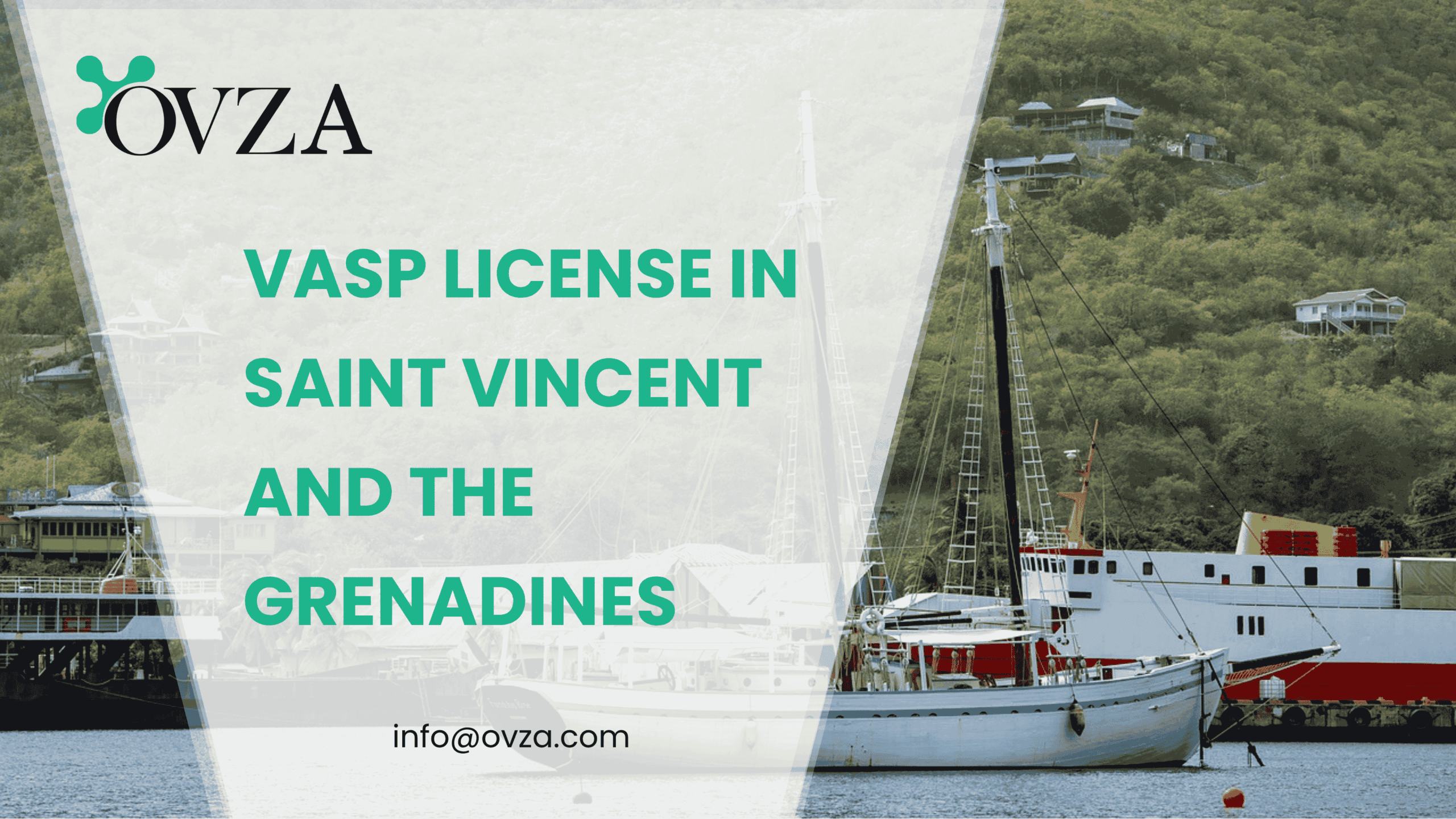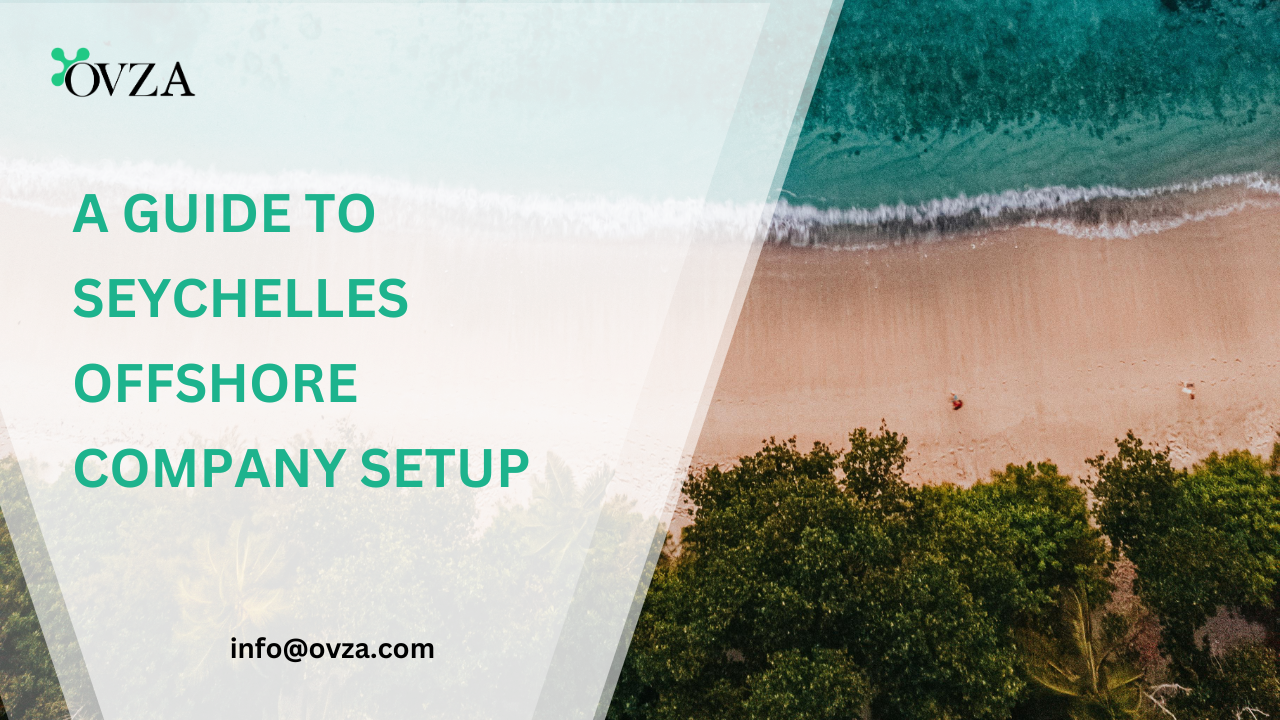Antigua offshore companies are known for their strong confidentiality protections, making them a popular choice for entrepreneurs seeking privacy in business. The jurisdiction offers a favorable tax environment and a legal framework designed to shield ownership and financial information from public view.
However, in today’s compliance-driven environment—shaped by international standards like FATCA, the Common Reporting Standard (CRS), and economic substance laws—the question arises: how confidential are Antigua offshore companies in practice, and under what circumstances can that confidentiality be breached?
Legal Framework Protecting Offshore Privacy
Antigua’s offshore companies—primarily International Business Companies (IBCs)—are incorporated under the International Business Corporations Act, which was designed to facilitate international business while maintaining a strong degree of privacy.
The law does not require the public disclosure of shareholders, beneficial owners, or directors. These details are maintained privately by the company’s registered agent, who is licensed and regulated by Antigua’s Financial Services Regulatory Commission (FSRC). While the company name is recorded, personal ownership details remain confidential and are not accessible via any public registry.
Antigua also allows for nominee directors and shareholders, which can further obscure the beneficial owner from any public-facing role in the company. There is no public filing requirement for financial statements, annual accounts, or detailed corporate activity, which adds to the jurisdiction’s privacy appeal.
Registered agents are bound by law to protect this information and can only disclose it under specific legal circumstances. However, that’s where the boundaries of privacy start to show—because even though Antigua is private by design, there are legitimate channels through which that privacy can be breached.
When and How Confidentiality Can Be Breached
While confidentiality is robust in Antigua, there are certain scenarios where it can legally be pierced. These situations are uncommon but important to understand for anyone forming or operating an IBC.
1. Court Orders and Legal Proceedings
If a foreign individual or company files a lawsuit and obtains a judgment involving an Antigua IBC—perhaps in a fraud or asset recovery case—they may apply to have that ruling recognized in Antigua. If the Antiguan court finds the request legally valid, it can issue an order compelling the registered agent to disclose ownership or company records. At that point, the veil of confidentiality is legally removed, and the information becomes part of the court record.
2. CRS Reporting via International Banking
Antigua participates in the Common Reporting Standard (CRS), which is an international agreement for the automatic exchange of financial information. If a beneficial owner of an Antigua IBC is a tax resident in a CRS-participating country and opens a bank account (in Antigua or abroad), that account may be flagged for CRS reporting. The bank collects ownership details, reports the account to its domestic tax authority, and that data is shared with the tax authority in the UBO’s country of residence. In this case, it’s not the company registry that discloses information—but the financial institution.
3. FATCA Obligations for U.S. Persons
For U.S. citizens or residents, FATCA (Foreign Account Tax Compliance Act) requires foreign financial institutions to report accounts held by U.S. persons. If a U.S. citizen uses an Antigua IBC to open a corporate bank account, the bank will collect personal data through FATCA forms and report the account to the IRS via the local tax authority. Again, Antigua’s corporate registry remains private, but the IBC’s ownership becomes visible through global reporting systems.
4. Economic Substance Regulations
If an Antigua IBC engages in certain “relevant activities”—such as financing, intellectual property management, or holding companies—it may fall under Antigua’s economic substance regime. In this case, the company must either demonstrate local presence (office, staff, and operations) or face potential regulatory inquiry. While not a direct breach of confidentiality, substance compliance often introduces transparency obligations that can make the IBC more visible to regulators and tax authorities.
Maintaining Privacy the Right Way
To maintain lawful confidentiality, business owners must ensure that their IBC is used appropriately and structured correctly.
The best privacy comes from compliance-first structuring, not concealment. Avoid mixing personal transactions with offshore accounts, keep financial records up to date, and choose banking partners that understand international reporting rules. Confidentiality in today’s environment is about smart, transparent planning—not secrecy for its own sake.
Conclusion
Antigua offers strong privacy protections for offshore companies, supported by legislation that favors confidentiality and flexible structuring. However, this confidentiality is not absolute. Legal actions, banking transparency, and regulatory compliance can all trigger situations where ownership or financial information may be disclosed—especially if the structure is misused or poorly advised.
When done properly, Antigua remains one of the most reliable jurisdictions for offshore privacy. But success in this space depends on more than just incorporation—it depends on how well the structure is planned, maintained, and aligned with global compliance standards.
If you’re looking to form an Antigua IBC and want to ensure your structure is both private and compliant, OVZA can help you do it right from day one.












